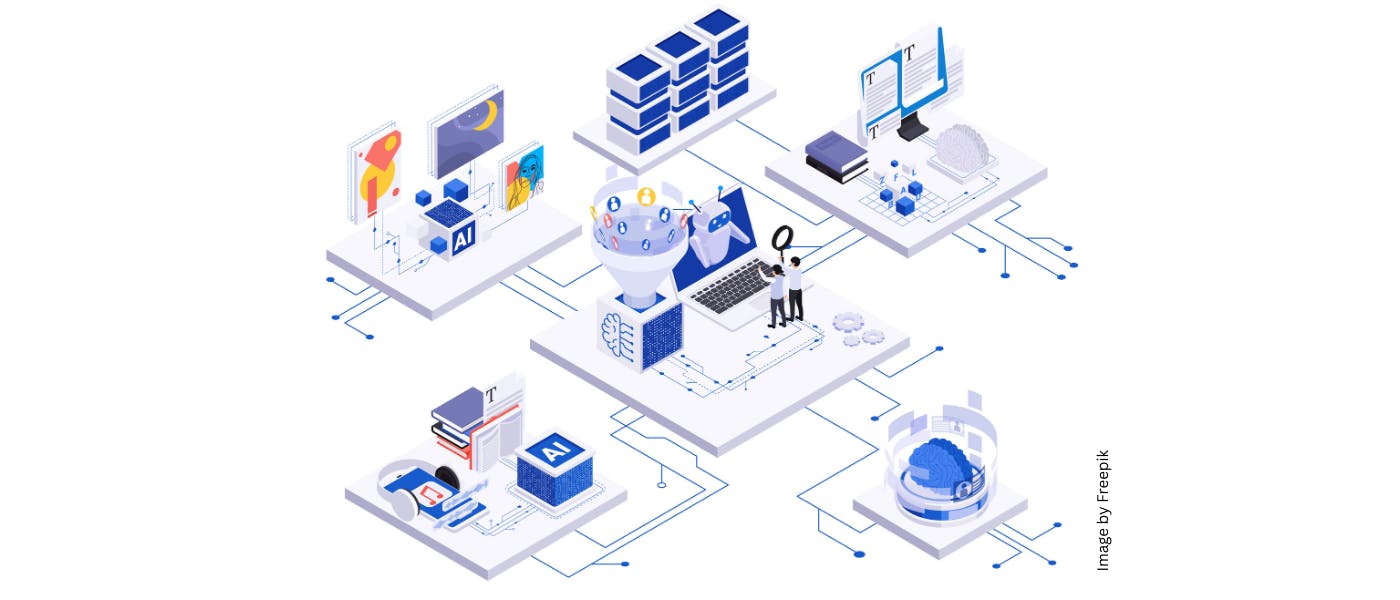Cybersecurity researchers have discovered a critical security vulnerability in artificial intelligence (AI) company Anthropic’s Model Context Protocol (MCP) Inspector project that could result in remote code execution (RCE) and allow an attacker to gain complete access to the hosts.
The vulnerability, tracked as CVE-2025-49596, carries a CVSS score of 9.4 out of a maximum of 10.0.
“This is one of the first critical RCEs in Anthropic’s MCP ecosystem, exposing a new class of browser-based attacks against AI developer tools,” Oligo Security’s Avi Lumelsky said in a report published last week.
“With code execution on a developer’s machine, attackers can steal data, install backdoors, and move laterally across networks – highlighting serious risks for AI teams, open-source projects, and enterprise adopters relying on MCP.”
MCP, introduced by Anthropic in November 2024, is an open protocol that standardizes the way large language model (LLM) applications integrate and share data with external data sources and tools.
The MCP Inspector is a developer tool for testing and debugging MCP servers, which expose specific capabilities through the protocol and allow an AI system to access and interact with information beyond its training data.

It contains two components, a client that provides an interactive interface for testing and debugging, and a proxy server that bridges the web UI to different MCP servers.
That said, a key security consideration to keep in mind is that the server should not be exposed to any untrusted network as it has permission to spawn local processes and can connect to any specified MCP server.
This aspect, coupled with the fact that the default settings developers use to spin up a local version of the tool come with “significant” security risks, such as missing authentication and encryption, opens up a new attack pathway, per Oligo.
“This misconfiguration creates a significant attack surface, as anyone with access to the local network or public internet can potentially interact with and exploit these servers,” Lumelsky said.
The attack plays out by chaining a known security flaw affecting modern web browsers, dubbed 0.0.0.0 Day, with a cross-site request forgery (CSRF) vulnerability in Inspector (CVE-2025-49596) to run arbitrary code on the host simply upon visiting a malicious website.

“Versions of MCP Inspector below 0.14.1 are vulnerable to remote code execution due to lack of authentication between the Inspector client and proxy, allowing unauthenticated requests to launch MCP commands over stdio,” the developers of MCP Inspector said in an advisory for CVE-2025-49596.
0.0.0.0 Day is a 19-year-old vulnerability in modern web browsers that could enable malicious websites to breach local networks. It takes advantage of the browsers’ inability to securely handle the IP address 0.0.0.0, leading to code execution.
“Attackers can exploit this flaw by crafting a malicious website that sends requests to localhost services running on an MCP server, thereby gaining the ability to execute arbitrary commands on a developer’s machine,” Lumelsky explained.
“The fact that the default configurations expose MCP servers to these kinds of attacks means that many developers may be inadvertently opening a backdoor to their machine.”
Specifically, the proof-of-concept (PoC) makes use of the Server-Sent Events (SSE) endpoint to dispatch a malicious request from an attacker-controlled website to achieve RCE on the machine running the tool even if it’s listening on localhost (127.0.0.1).
This works because the IP address 0.0.0.0 tells the operating system to listen on all IP addresses assigned to the machine, including the local loopback interface (i.e., localhost).

In a hypothetical attack scenario, an attacker could set up a fake web page and trick a developer into visiting it, at which point, the malicious JavaScript embedded in the page would send a request to 0.0.0.0:6277 (the default port on which the proxy runs), instructing the MCP Inspector proxy server to execute arbitrary commands.
The attack can also leverage DNS rebinding techniques to create a forged DNS record that points to 0.0.0.0:6277 or 127.0.0.1:6277 in order to bypass security controls and gain RCE privileges.
Following responsible disclosure in April 2025, the vulnerability was addressed by the project maintainers on June 13 with the release of version 0.14.1. The fixes add a session token to the proxy server and incorporate origin validation to completely plug the attack vector.
“Localhost services may appear safe but are often exposed to the public internet due to network routing capabilities in browsers and MCP clients,” Oligo said.
“The mitigation adds Authorization which was missing in the default prior to the fix, as well as verifying the Host and Origin headers in HTTP, making sure the client is really visiting from a known, trusted domain. Now, by default, the server blocks DNS rebinding and CSRF attacks.”







